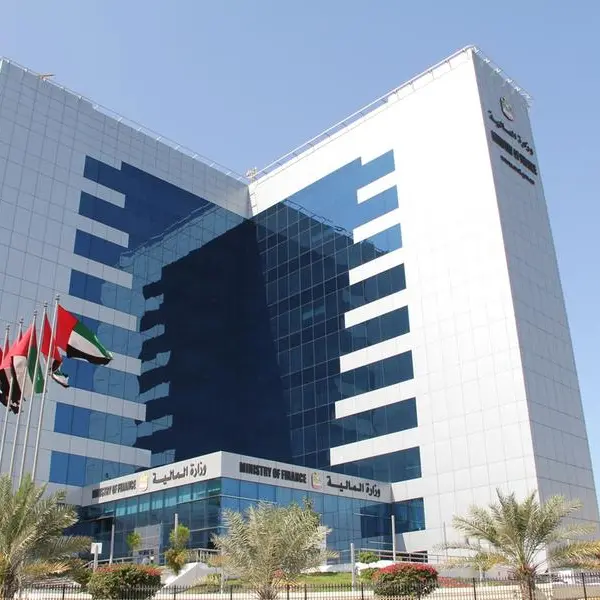PHOTO
Doha, Qatar: Minister of Labour HE Dr Ali bin Smaikh Al Marri has said that the job market in Qatar has experienced remarkable expansion and consistent job growth, aligning with the goals of the first and second national development strategies.
The Minister said that this has resulted in a notable increase in the workforce across both the public and private sectors.
Al Marri joined opening session of the seminar titled “Labour Market Challenges and Job Opportunities in the Qatar and the Middle East and North Africa Region,” organised by Qatar University. The opening session was attended by President of Qatar University H E Dr. Omar Al Ansari, QU Vice-President for Research and Graduate Studies Dr. Maryam Al Maadeed, Director of the Institute of Social and Economic Survey Research and Studies Dr. Kaltham Al Ghanim and Director of the ILO Project Office in Qatar Max Tunon.
The Minister of Labour noted that the execution of the third national development strategy demands an elevated level of human expertise and competencies, representing one of the current and forthcoming challenges. He pointed out that there exists a deficiency in the highly skilled national workforce needed at this stage, particularly in key economic sectors.
He indicated that the number of Qataris expected to enter the labour market between 2024 and 2030 will be about 40,000, explaining that these expectations require providing job opportunities in the private sector and qualifying the national workforce in line with the requirements of the market in terms of skills.
Al Marri emphasised that the labour market in Qatar is poised to undergo a transformation, distinctly different from its previous state. This transformation will involve a substantial increase in the proportion of highly skilled workers achieved through the enhancement of the education system and qualification programmes, aimed at addressing the skills deficit in the labour market.
The Minister also highlighted the vital role of Qatar University and other universities in reshaping their educational programmes and reevaluating the fields of study they offer to align them with the evolving demands of the labour market.
He noted the future policies to meet the challenges of the labour market through the implementation of the Third National Development Strategy, which included many projects and programmes, including the provision of programmes to motivate Qataris to move towards filling jobs in the private sector, and the trend towards employing more national workforce to work in the private and joint sectors.
In the field of education and rehabilitation, the Minister of Labour indicated that the “Training Credit”, “Bridge” and “Training Camps” programmes will be strengthened to entice Qataris and encourage them to work in the private sector.
© Dar Al Sharq Press, Printing & Distribution. All Rights Reserved. Provided by SyndiGate Media Inc. (Syndigate.info).





















